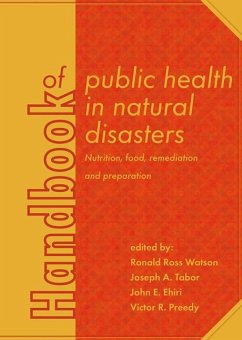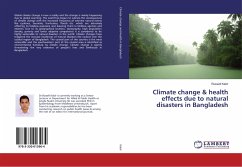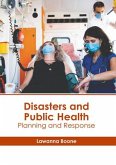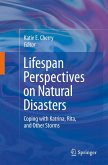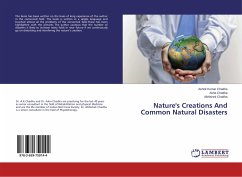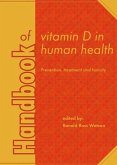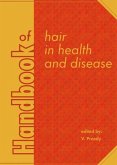The combination of growing populations moving into large cities in high risk zones increase the risk of natural disasters with a substantial public health consequence. A high population density and rapid air travel increase the spread and effects of plagues and diseases. People in countries with limited resources are more vulnerable to death and other consequences of disasters. This requires global rather than national preparedness and response strategies. Public health organisations, government and non-government organisations can take a leadership role and provide training, organisation and research knowledge to improve responses to such disasters. This book is the first holistic public health approach in relation to natural disasters. It fills the gap to have a one-stop-shopping synopsis of key ideas associated with mediation of public health natural disasters. It is unique in focusing on 'lessons learned' rather than 'what to do'. Published research relating to general responses by public health agencies to disasters is scientifically evaluated. Various types of disasters are reviewed: flooding, diseases, earthquakes, volcanoes, and drought. Long term needs, prevention and individual preparation are taken into account. The information can be used to prepare and mitigate effects of disasters. The summary points at the start of each chapter will help the reader to use as this book as reference book and for educational purpose.
Hinweis: Dieser Artikel kann nur an eine deutsche Lieferadresse ausgeliefert werden.
Hinweis: Dieser Artikel kann nur an eine deutsche Lieferadresse ausgeliefert werden.

